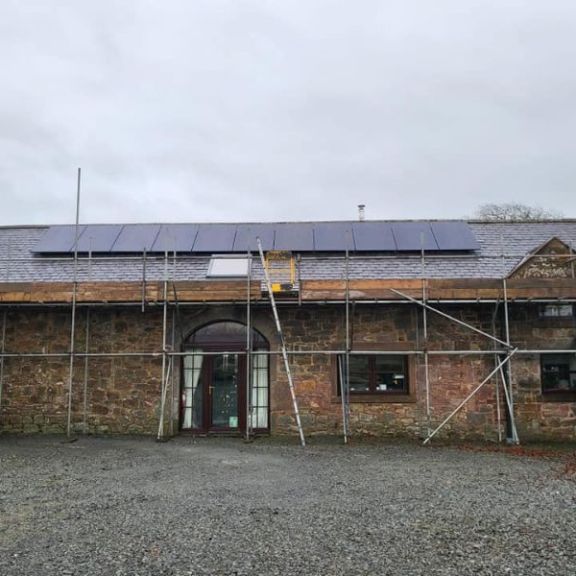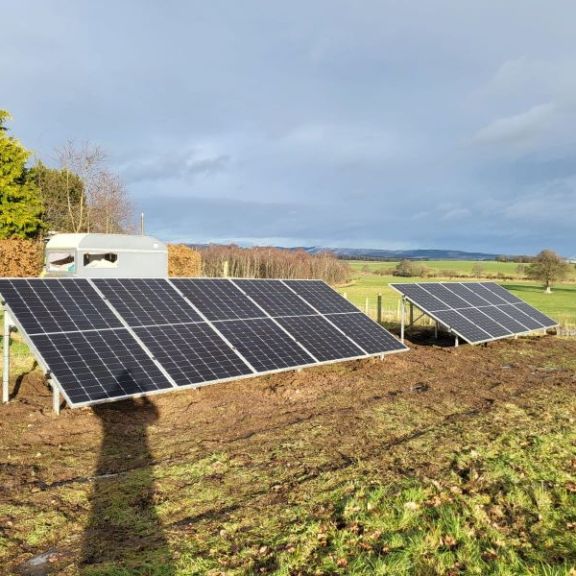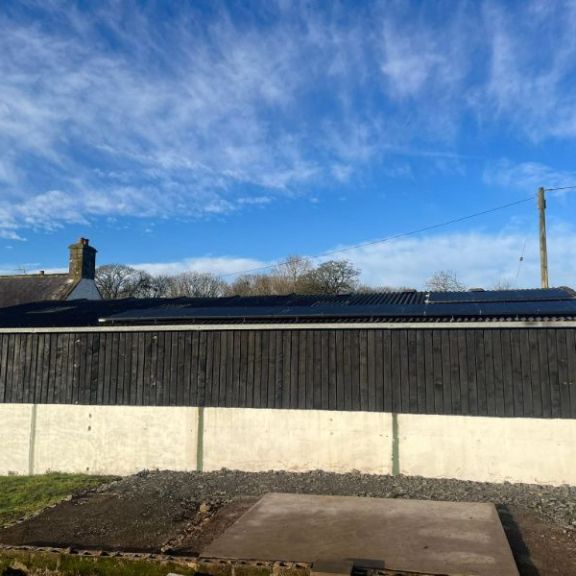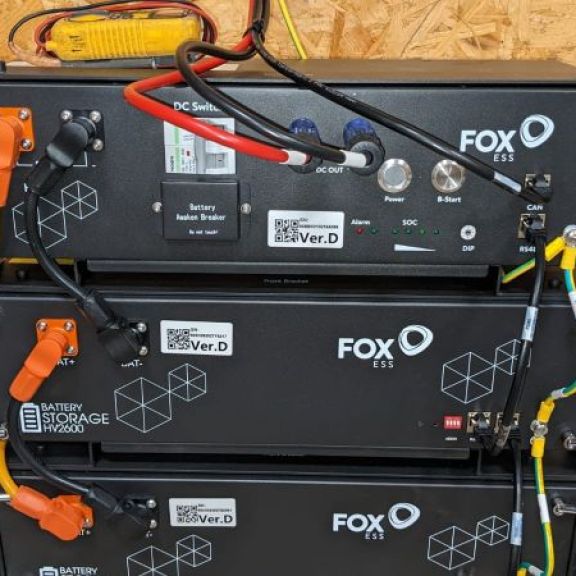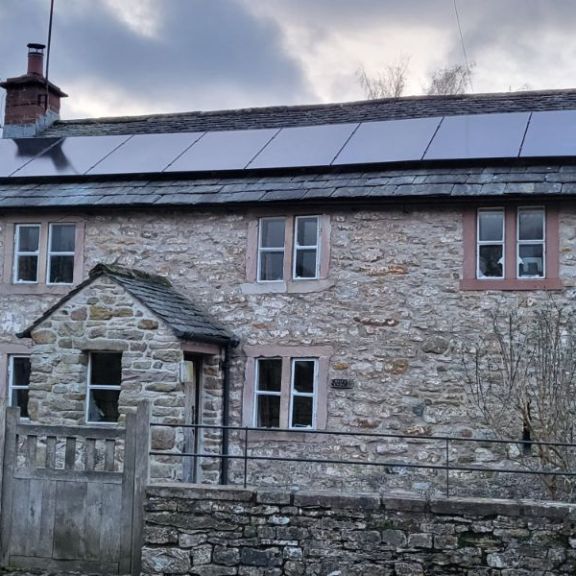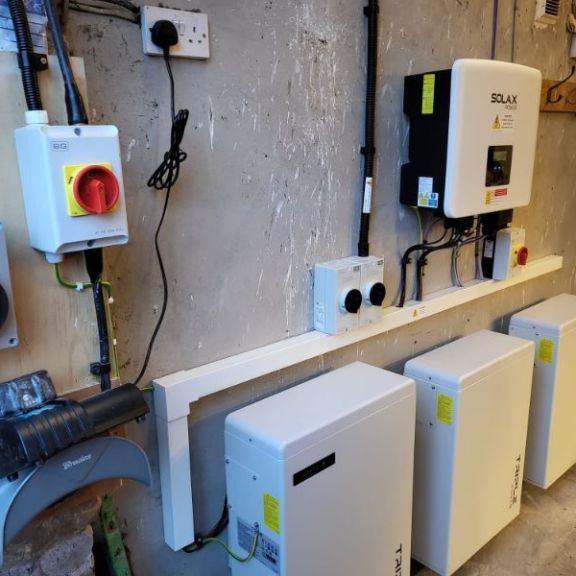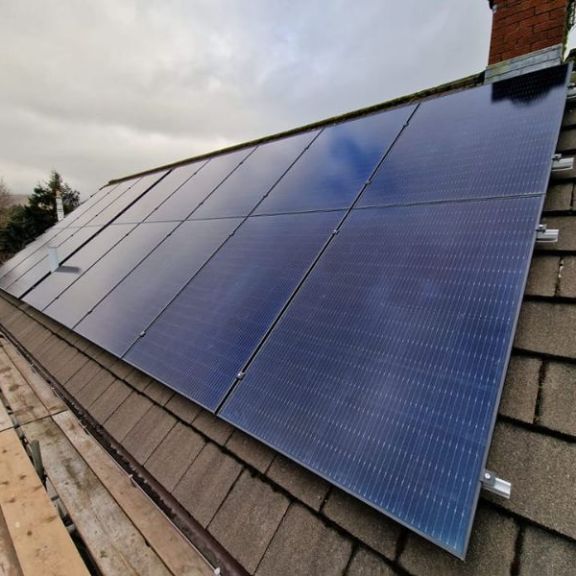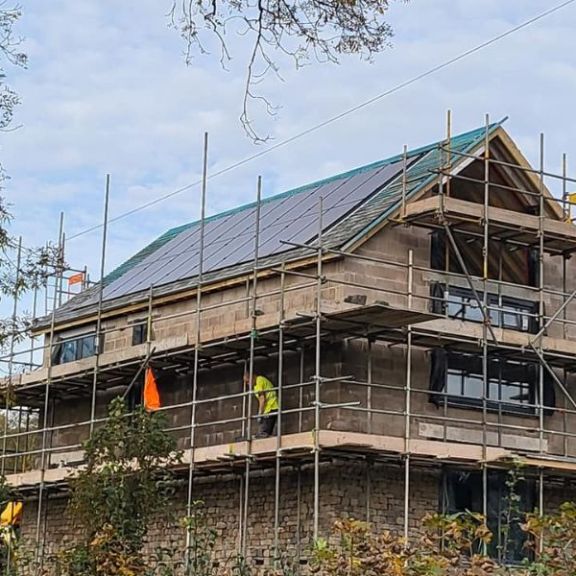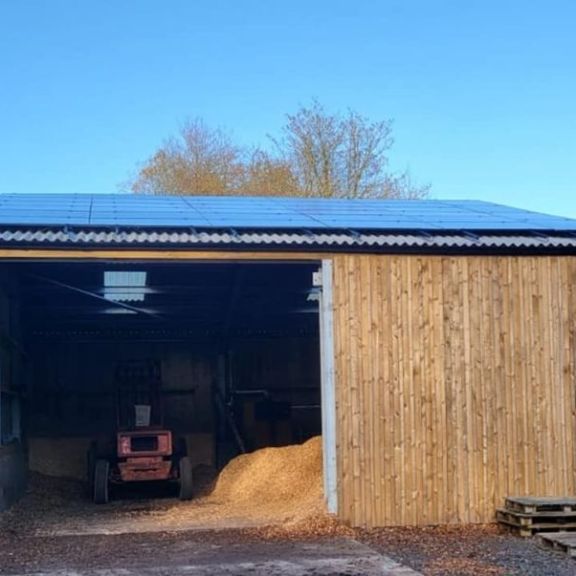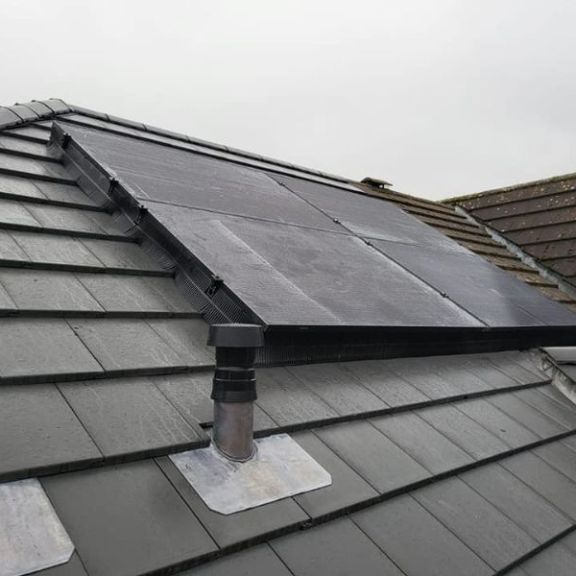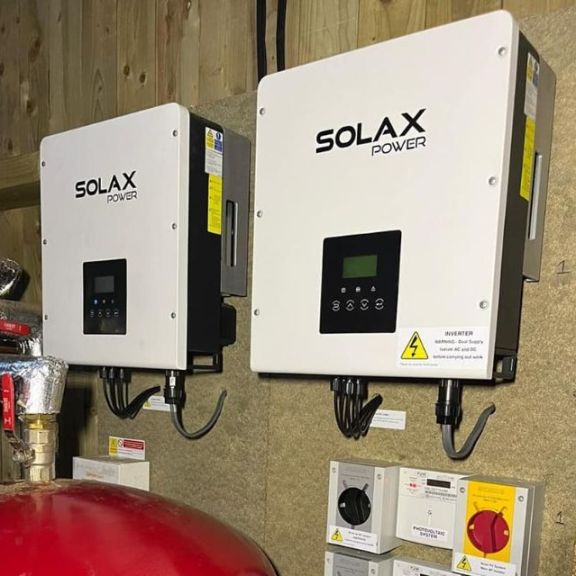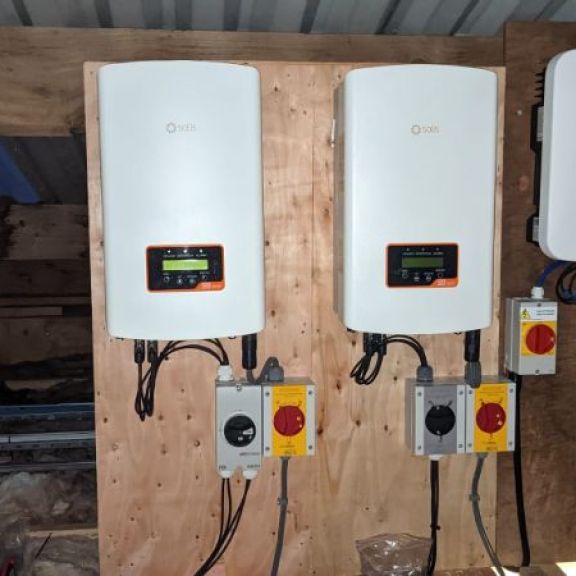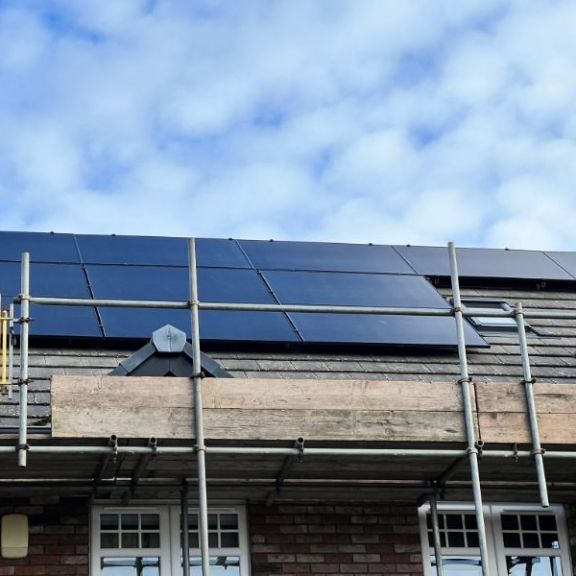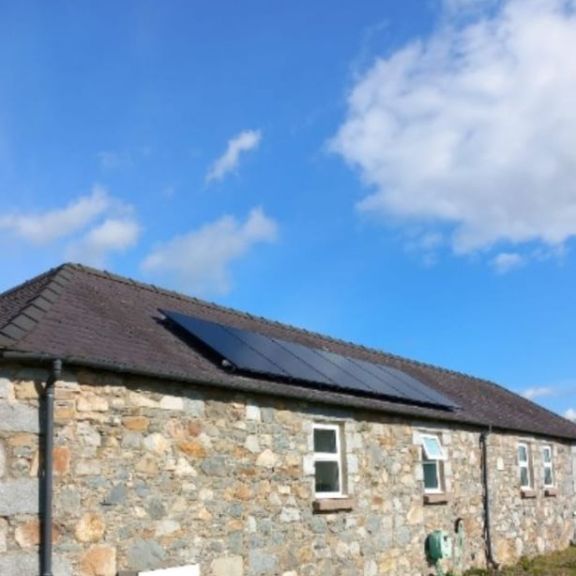Friday, 16th June 2023
A solar power inverter is an essential component of a solar energy system.
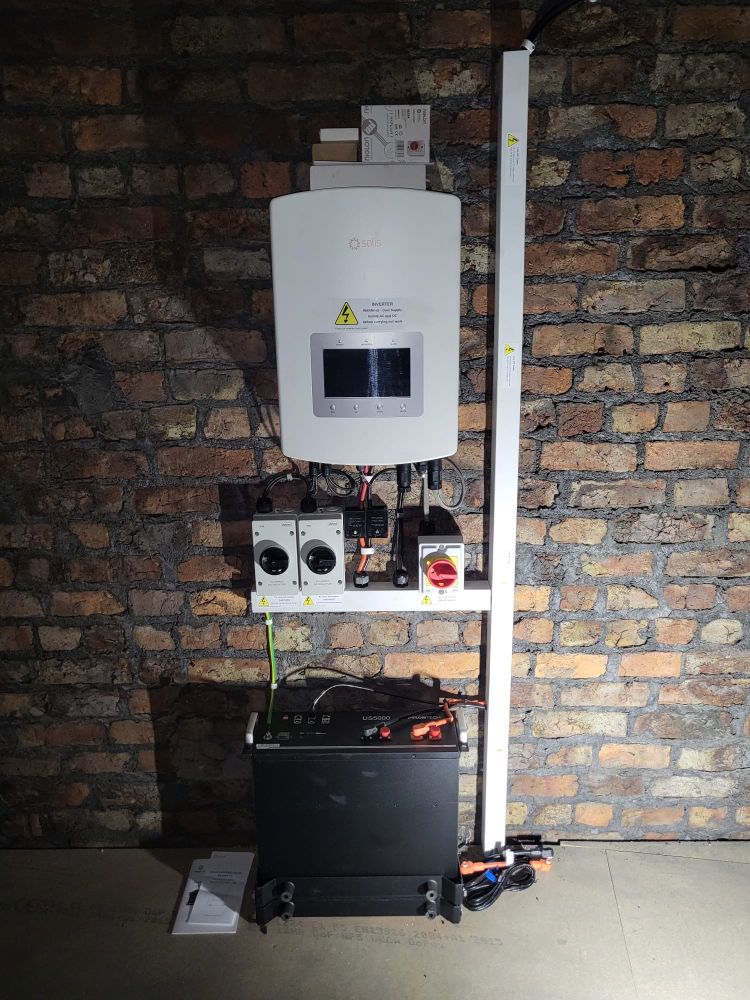
It converts the direct current (DC) electricity generated by solar panels into alternating current (AC) electricity, which is the type of electricity used in most homes and businesses.
Solar panels produce DC electricity when exposed to sunlight. However, AC electricity is required to power household appliances, electronics, and to connect to the electric grid.
This is where the solar power inverter comes in. The main functions of a solar power inverter are as follows:
1. DC to AC Conversion:
The inverter converts the DC electricity generated by solar panels into AC electricity, which is compatible with standard electrical devices.
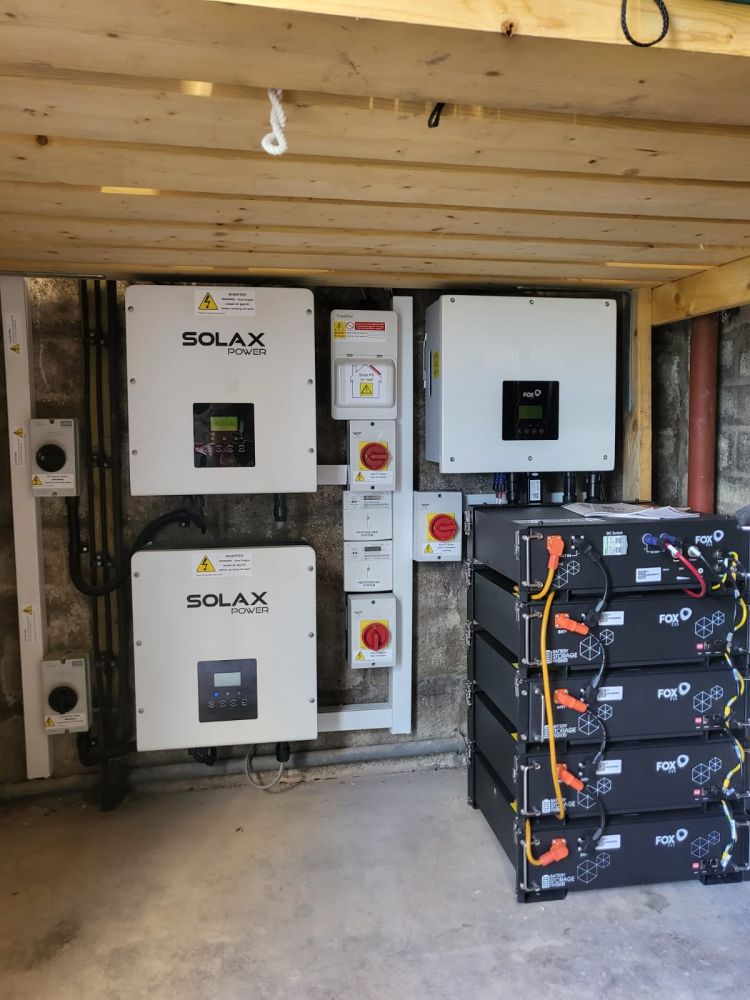
2. Voltage Regulation:
The inverter ensures that the AC electricity produced by the solar panels is at the appropriate voltage and frequency for use in your home or business.
3. Maximum Power Point Tracking (MPPT):
Some advanced inverters incorporate MPPT technology, which optimizes the performance of solar panels by tracking and adjusting the electrical characteristics to maximize power output.
4. Grid Connection (For Grid-Tied Systems):
In grid-tied solar systems, the inverter synchronizes the AC electricity produced by the solar panels with the electricity supplied by the utility grid.
It allows excess electricity to be fed back into the grid and credits you for the energy produced through net metering or feed-in tariffs.
5. Safety Features:
Inverters include safety features such as ground fault protection, surge protection, and overvoltage/overload protection to ensure the safe and reliable operation of the solar system.
Solar power inverters come in different types and sizes, depending on the specific system requirements.
Common types include string inverters, microinverters, and power optimizers. It's important to choose an inverter that matches the capacity of your solar panel array and meets the specific needs of your installation.
Overall, the solar power inverter plays a crucial role in enabling the conversion and utilization of solar energy, making it compatible with the electrical systems of homes, businesses, and the grid.

If you would like a FREE, no obligation quote to find out how much you could save with Solar energy, get in touch today
You can also join our exclusive Social Media Group where you will gain knowledge, tips and advice on your solar needs.


